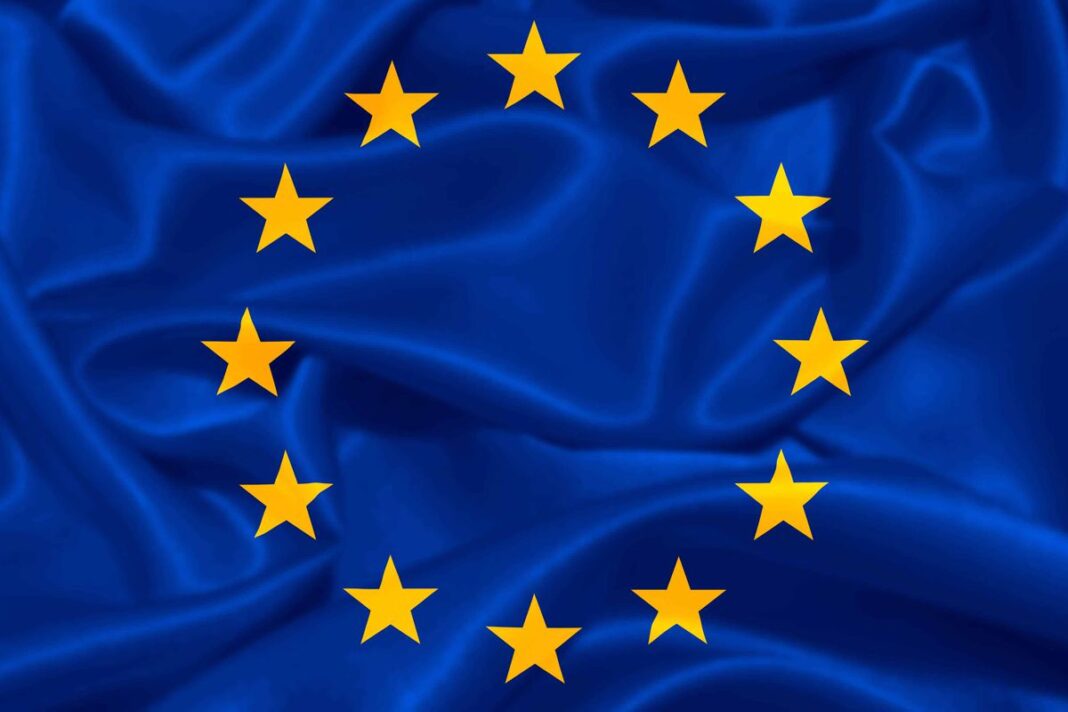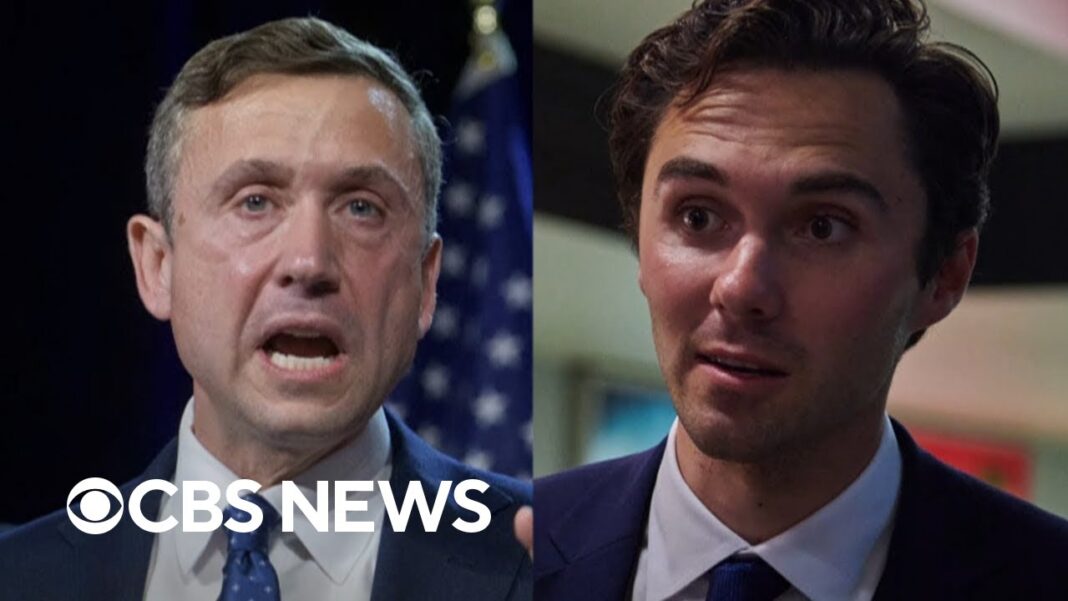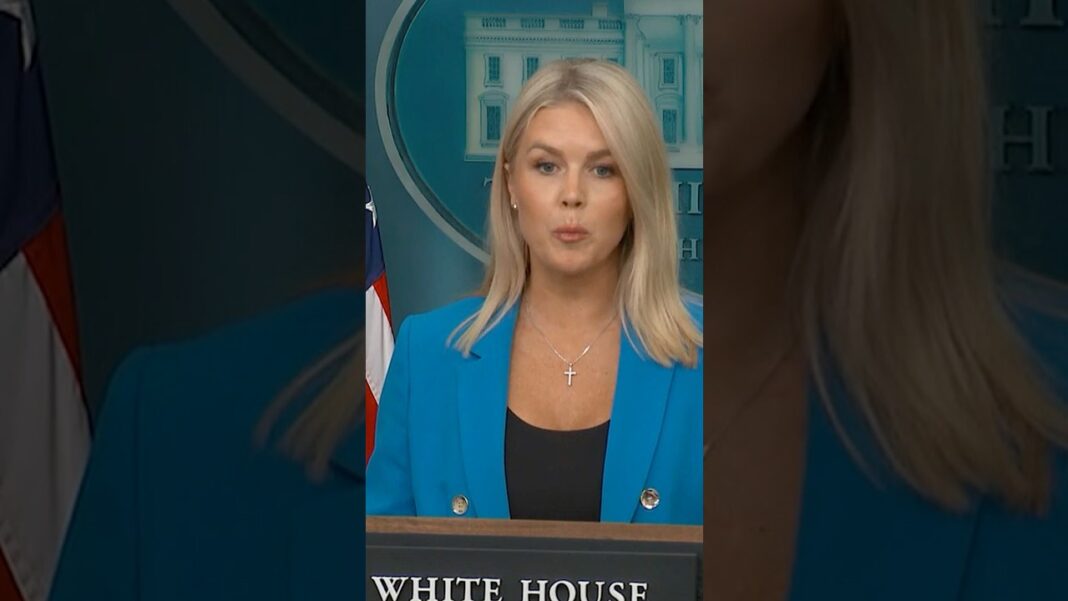EU envoy Gabriele Visentin says defence talks with Australia are advancing fast.
China’s military build-up is not just a regional concern, the EU’s top envoy in Australia has cautioned, citing Europe’s deepening worries about Beijing’s cooperation with Moscow.
Speaking at the National Press Club in Canberra on June 11, European Union Ambassador Gabriele Visentin said the continent was worried the alignment between China and Russia would threaten global stability.
“We have seen maybe some worrying signs of military scaling up of China,” Visentin said. “There is a clear link between the Chinese and the Russian visions of what the new international rules-based order should be.”
His comments come a day after Prime Minister Anthony Albanese avoided directly labelling China as a security threat during a press conference, instead urging a “mature” and “diplomatic” approach to regional relationships.
“We have strategic competition in the region and a Defence Strategic Review which outlines what Australia’s defence needs are,” Albanese said on June 10.
Brussels and Canberra in Advanced Defence Talks
A key point of Visentin’s address was that talks on the an Australia-EU defence partnership had progressed faster than publicly acknowledged.
While Albanese struck a cautious tone after meeting European Commission President Ursula Von Der Leyen in Rome last month, Visentin confirmed that Defence Minister Richard Marles and EU foreign policy chief Kaja Kallas held advanced talks at the Shangri-La Dialogue in Singapore.
Formal negotiations are now underway in Brussels.
Asked if he was optimistic about a potential agreement, Visentin lifted his glass and quipped, “This glass is half full.”
He clarified that the deal would not resemble NATO-style mutual defence commitments, but would instead focus on cooperating in areas like cyber, maritime security, crisis response, and procurement.
Visentin said there was a shared “security anxiety” about the Indo-Pacific.
“Forty per cent of global trade to the EU comes from the Indo-Pacific,” he said. “Any disruption in the region would directly impact European prosperity.”
Although he did not outline how the EU might respond to future regional escalations, Visentin made it clear that Europe has a “vital interest” in stability.








